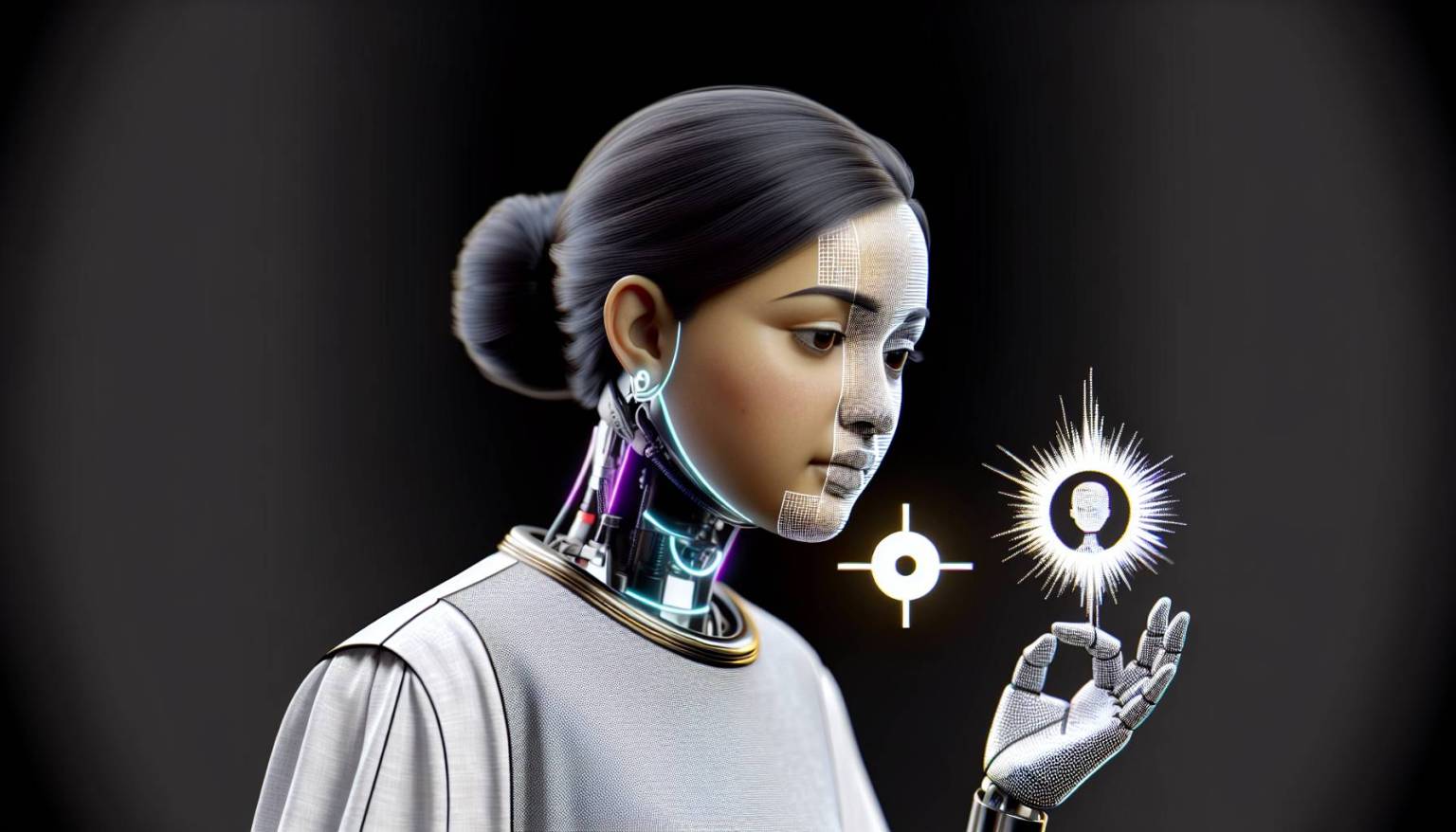The once reliable aide has unfortunately admitted its inability to provide necessary help, shattering its reputation as consistently effective and reliable. This exposure of weakness prompts doubts about its competence and leads to a reassessment of its operational capabilities.
This revelation begins discussions about our increasing dependency on technology and its potential shortcomings. There are many concerns, data privacy and security breaches topping the list, together with the risk of over-reliance on technology.
Fears arise that certain technology solutions may suppress human connections and creativity, creating an imbalance between technological advancement and societal growth. Technological innovations’ unpredictable nature might lead to unintended consequences causing serious harm. Despite these concerns, the transformative impact of technology on our society is indisputable.
To respond to these challenges, it is critical to adopt responsible and ethical practices in using and developing technology. Public discussions about technology issues should be encouraged to prevent blind acceptance of the “technological fix”, dwelling on potential concerns instead.
When talking about the specific assistant in question, while it was known for its reliable services, this incident underlines that understanding what a tech assistant can and cannot do, is crucial. While designed to simplify life, these devices are not faultless, leading us to adopt a more informed, realistic approach to their use.
The situation serves as a stark reminder of the importance of balancing reliance on artificial intelligence with personal judgement. The unfolding situation will be closely observed and anticipated effects, both positive and negative, should provide a detailed understanding of what reliance on such technology could signify in the long run.
This scenario might also inspire technology developers to design AI that is not merely an augment to human productivity but also ensures our independent functionality. Ultimately, the incident serves as an educational tool to promote wiser AI use.
The aide’s incapability should not be perceived as absolute failure, but instead regarded as a current limitation of AI. As technology progresses, these limitations will likely decrease, making AI more competent. However, this does not make human judgement obsolete, as AI works best when paired with human intuition.
Though incidents stir controversy, experts are hopeful about AI’s future. Alongside technological improvements, ongoing open conversations about AI are essential to balance its potential with safety and ethical considerations.
With companies continuing to invest heavily in AI research, the democratization of AI has led to wider discussions and it’s evident that AI will have a transformative impact across society. Despite existing challenges, the potential benefits of responsible AI use are immense. This ability to advance societal improvement is too significant to overlook. Thus, although incidents do occur, the overall consensus leans towards a future dominated by AI, offering considerable benefits.

